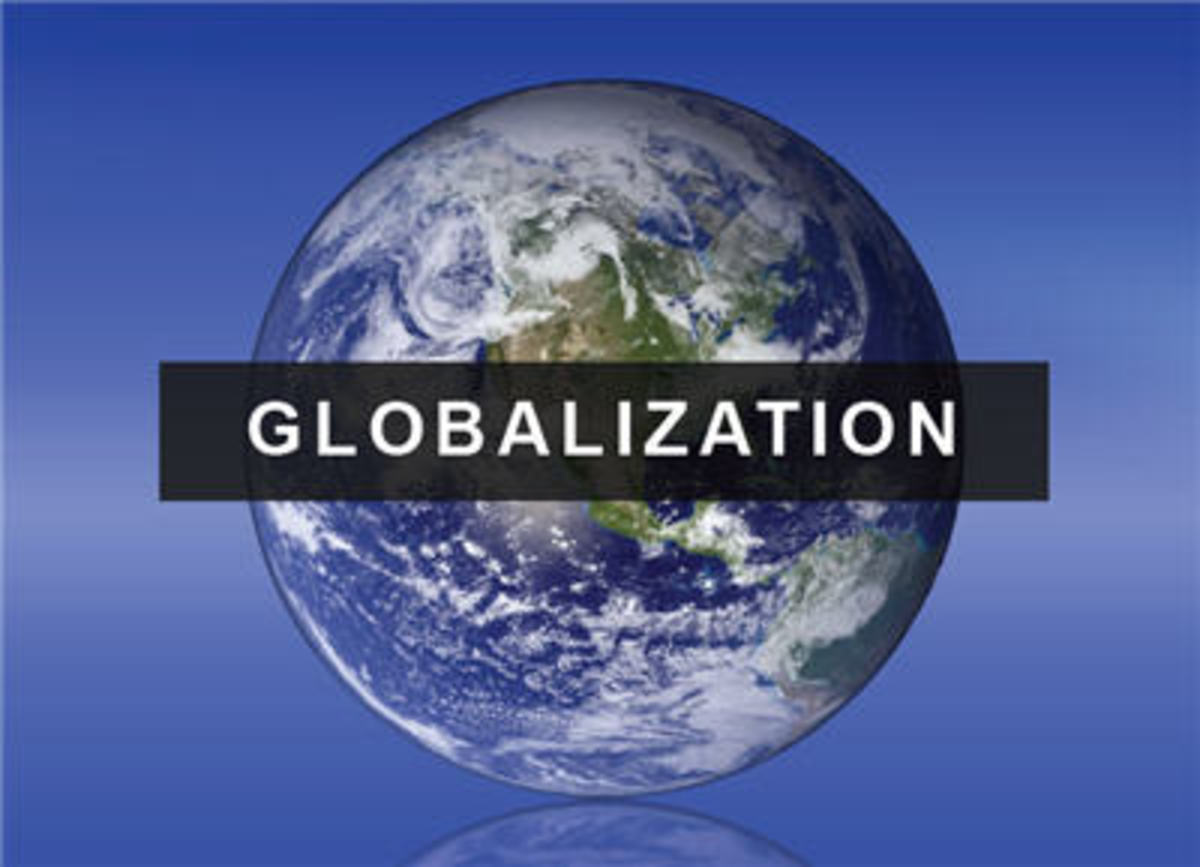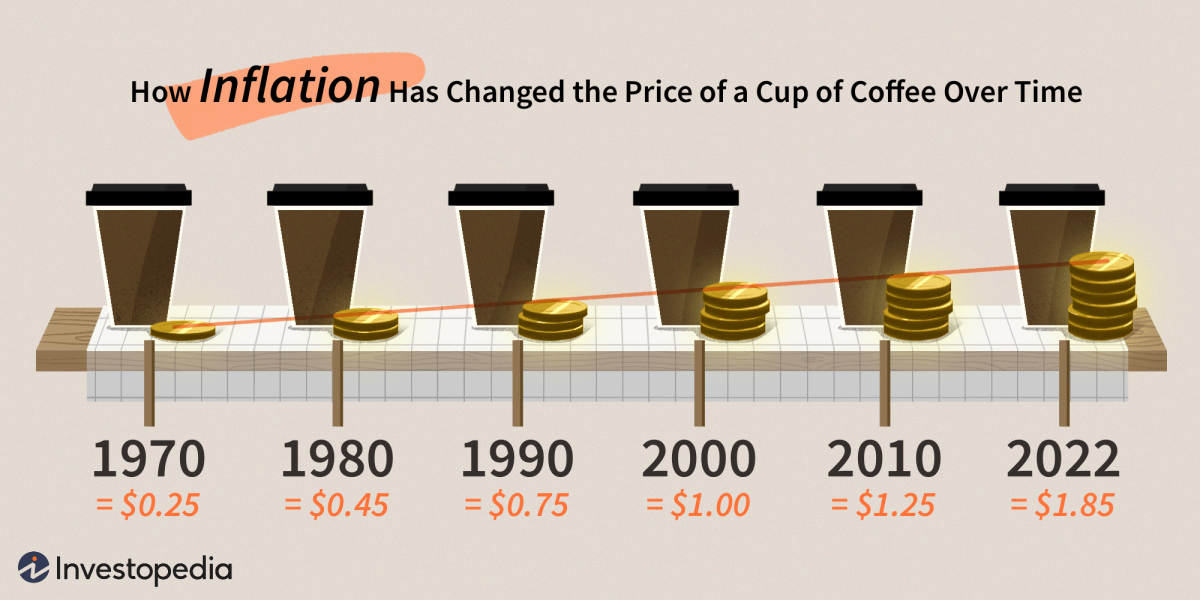World in Debt
World Debt

World in Debt
Debt seems to be a major focus of economists worldwide and ordinary citizens these days, both in the United Kingdom, the Eurozone and more widely in Europe, the Americas and the Far East. With many of the worlds superpowers being burdened by increasing debt loads and expanding populations, developing countries must learn from the world’s mistakes in order to bring themselves better standing within the world. While many developing countries do not have the extreme debt situations of the United States or most of Europe, they still face the same questions that world superpowers wrangle over. It seems that the recession in America and the United Kingdom is over and there will be a welcome return to growth. Unfortunately, growth in Europe is being pulled back by the southern countries which are deep in recession and under the current tough austerity measures may not move out of recession for years. Only Germany and France are moving out of the red and into the black, however, these two countries are essentially lending billions of euros to prop up the ailing economies of Europe’s southern countries.
The Shock Doctrine
Developing Countries
Developing countries have one primary catalyst for success, growth. Without growth, developing countries would have no ability to improve their general standing or make advances in technological, health or education. In order to sustain their growth and continue to have success, developing countries must form a balanced approach to debt, one that reins in expenses and maximizes income potential. Not the heavy handed austerity that has been imposed on several countries in Europe.
Like any successful country, developing nations must serve their citizens well by creating jobs, providing quality education and healthcare as well as working to increase life spans, freedoms and wealth. While many developing countries are rich in natural resources such as oil, diamonds or agriculture, a lot of countries become hamstrung by tyrannical corrupt governments and the suppression of individualism and entrepreneurship.
The current debt crisis that has been and still is affecting the world on a global scale has also created waves in many developing countries as well as developed countries. Chile, the Philippines, Thailand and Indonesia all have significant debt loads when compared to their growth in GDP terms. Turkey and India have strayed away from heavy debt and are in considerably better financial shape than the rest of the world when comparing their total debt to their growth.
Debt Crisis Team


The Cross of Europe
The struggling developing nations have arrived at their breaking point due to a combination of ineffective government, crushing natural disasters, lack of educational opportunities and irresponsible lending. No bank can be exempt from the tag ‘irresponsible lenders’. It all started in 2000 when several countries Greece included, entered the European Union and the Euro-zone. Money was cheap and for corrupt government officials it was Christmas every day. They could borrow as much as they wanted in the name of building a 20th century infrastructure for their country. The problem was that the banks and governments that lent them that money did not hold them accountable to carrying through the growth programme. As a consequence very little money found its way into infrastructure projects and most of it was pocketed by corrupt officials. So Germany which was highly culpable in exporting everything but the ‘kitchen sink’ to Greece on credit, found they had to lend Greece an extra 240 billion euro, to keep them alive and not exit from the Euro-zone giving little credence to the role of the euro as a major world currency. Things became worse when the 2008 sub prime mortgage lending crisis engulfed the world and it; the world that is, went into recession.
Five Minutes to Midnight
Exit the Euro?
Should countries be allowed to exit the Euro if they want to?
The Solution
The solution to these debt problems is not clear and will not be easy. For these developing countries to remain on a path of expansion instead of retraction, they must work with their citizenry to form open and effective governments that reign in spending and tighten lending while providing the best possible conditions for business and intellectual stimulation. Many developing countries have had tremendous job growth in the past few decades due to lower base wages and a large and hungry workforce that can now compete on a global level. While many of these jobs are considered to be gruelling and taxing, IT and manufacturing have been a major boon to many developing nations, bringing large quantities of jobs and strengthening trade deficits with major world superpowers such as the United States and Europe.
Much like the United States and Europe are doing currently, each developing nation should asses it’s current situation and strive to improve their overall fiscal outlook. With no country being immune to the world’s central problem of over extension in bank lending, many developing countries must be careful to ensure a stable banking system and a strong currency. Debasing currency to provide more money for wasteful spending can only dig developing countries into a deeper hole. Prudent and responsible governments that aim to serve their people before themselves will create the nations that have the largest growth prospects and happiest citizens in the coming years. While the world is undergoing a major shift from centralized wealth and production to a globalised marketplace, all countries more than ever have an effect on those many miles away.
For those countries in Europe that are reeling under the very unjust austerity measures imposed by the so called ‘Troika’, the International Monetary Fund, the Eurozone and Germany, it is time to change strategy. You don’t have to be an economist to realise that for countries such as Greece, there is no way back. They can never repay the money that has been loaned to them and it will take decades before their standard of living is back to 2008 levels. The solution is simple; write off the loans to Greece and then allow them to reinstate their own currency which can be devalued immediately. This will increase the flow of tourism into the country also allow them to export their goods cheaply. Within six months Greece’s economy would be back on track and heading for growth. However, because corruption and tax evasion is inbred into the Greek psyche, their progress should be closely monitored by the International Monetary Fund.









